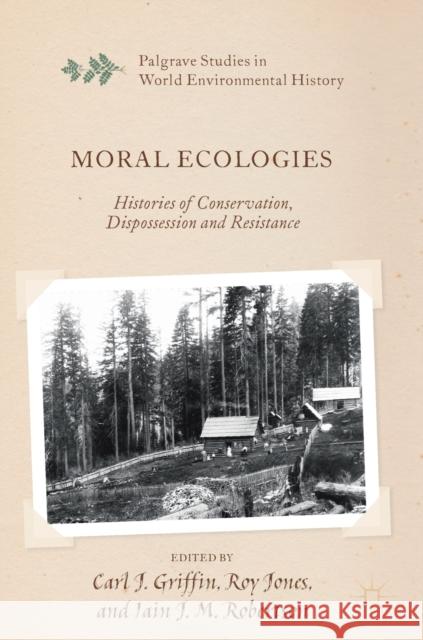Moral Ecologies: Histories of Conservation, Dispossession and Resistance » książka
topmenu
Moral Ecologies: Histories of Conservation, Dispossession and Resistance
ISBN-13: 9783030061111 / Angielski / Twarda / 2019 / 306 str.
Moral Ecologies: Histories of Conservation, Dispossession and Resistance
ISBN-13: 9783030061111 / Angielski / Twarda / 2019 / 306 str.
cena 363,12
(netto: 345,83 VAT: 5%)
Najniższa cena z 30 dni: 346,96
(netto: 345,83 VAT: 5%)
Najniższa cena z 30 dni: 346,96
Termin realizacji zamówienia:
ok. 22 dni roboczych
Bez gwarancji dostawy przed świętami
ok. 22 dni roboczych
Bez gwarancji dostawy przed świętami
Darmowa dostawa!
Kategorie BISAC:
Wydawca:
Palgrave MacMillan
Seria wydawnicza:
Język:
Angielski
ISBN-13:
9783030061111
Rok wydania:
2019
Wydanie:
2019
Ilość stron:
306
Waga:
0.67 kg
Wymiary:
21.01 x 14.81 x 2.54
Oprawa:
Twarda
Wolumenów:
01
Dodatkowe informacje:
Wydanie ilustrowane











